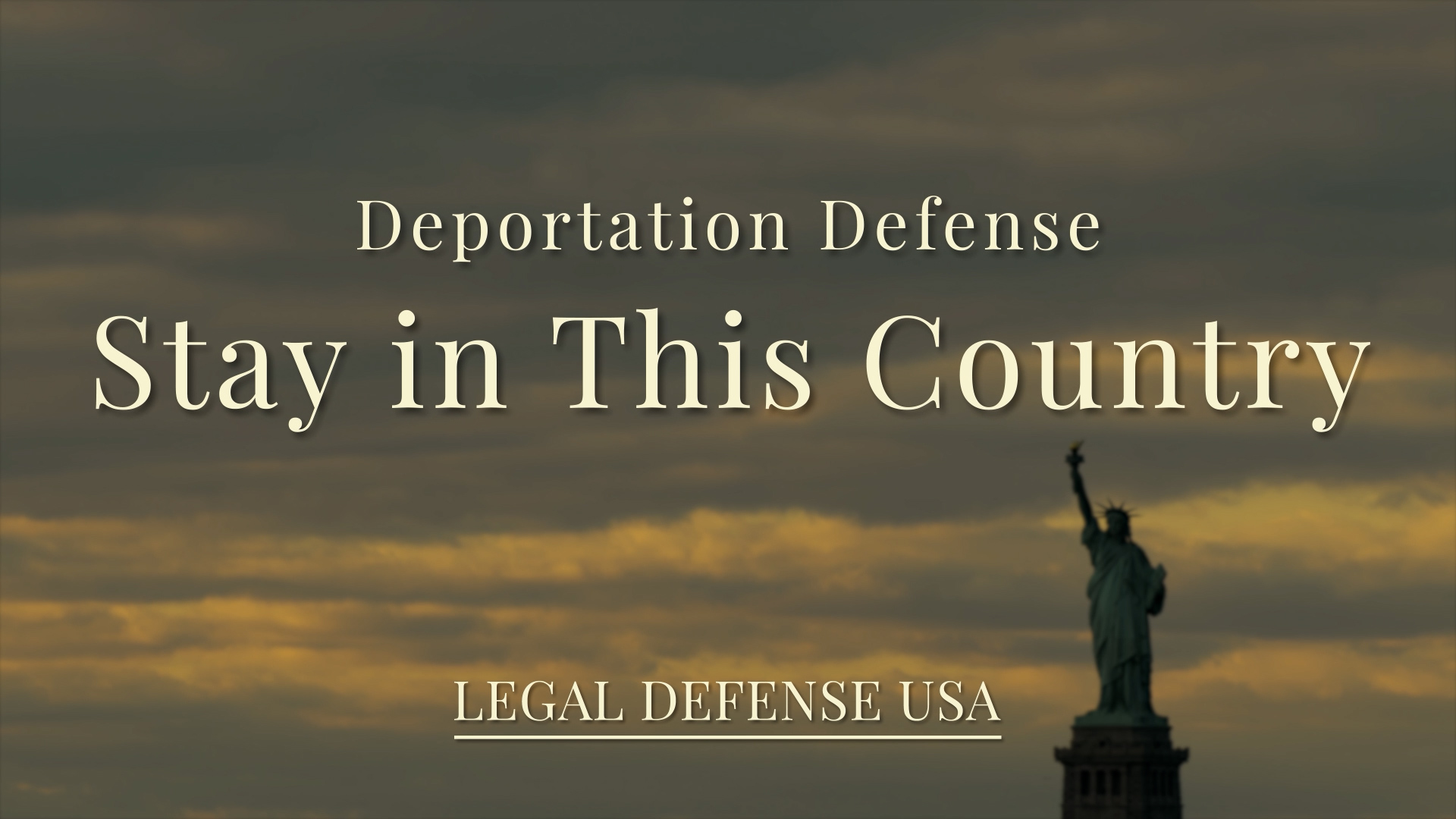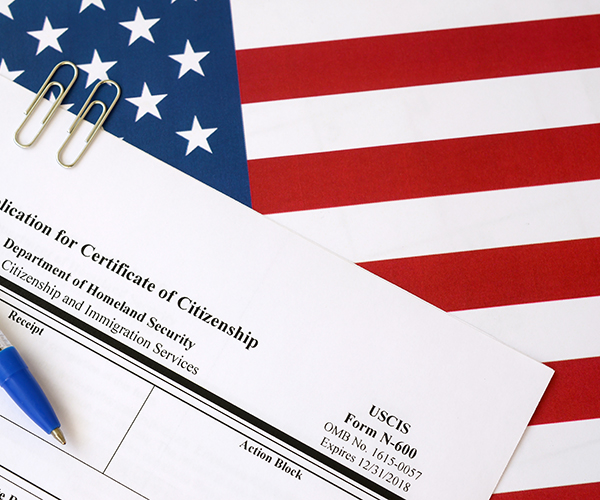Deportation Defense: Protecting Your Right to Stay
Facing deportation can be an overwhelming and frightening experience. If you or a loved one is at risk of being deported from the United States, it’s crucial to understand your rights and the available defenses. Deportation defense involves legal strategies and actions to prevent removal from the country and ensure that individuals have the opportunity to remain in the U.S. legally.
Understanding Deportation
Deportation, also known as removal, is the process by which the U.S. government orders a non-citizen to leave the country. This can happen for various reasons, including violations of immigration laws, criminal convictions, overstaying a visa, or entering the country illegally. The consequences of deportation can be severe, leading to separation from family, loss of employment, and significant disruptions to an entire family’s life.
Common Defenses Against Deportation
Several legal defenses can be employed to fight deportation:
Asylum and Refugee Status: Individuals who fear persecution in their home country due to race, religion, nationality, membership in a particular social group, or political opinion may apply for asylum. Proving eligibility can prevent deportation and allow the individual to remain in the U.S. as well as possibly gain permanent residence status.
Cancellation of Removal: This form of relief is available to certain non-citizens who have been in the U.S. for an extended period, have good moral character, and whose removal would cause extreme hardship to a U.S. citizen or lawful permanent resident family member. Legal Permanent Residents (Green Card holders) who are being removed for convictions involving moral turpitude (CIMTs) may also be eligible for this special waiver that can potentially grant them Permanent Status.
Adjustment of Status: Some individuals may be eligible to adjust their status to become lawful permanent residents, even while in removal proceedings. This often involves family-based or employment-based petitions.
Waivers for Criminal Convictions: In certain cases, individuals with criminal convictions may be eligible for waivers that allow them to avoid deportation and remain in the U.S. Individuals may also be able to waive certain drug charges that result in removal charges.
Temporary Protected Status (TPS): The Secretary of Homeland Security designates a foreign country for TPS based on the conditions of the country that temporarily prevent its nationals from returning safely due to on going conflict, an environmental disaster or epidemic, or other extraordinary and temporary conditions. Currently, many countries are designated for TPS including, Haiti, Venezuela, Honduras, Nicaragua, and Ukraine.
The Importance of Legal Representation
Navigating deportation proceedings without legal assistance can be daunting. An experienced immigration attorney can evaluate your case, identify the most effective defenses, and represent you in immigration court. Legal representation can significantly improve your chances of successfully fighting deportation and achieving a favorable outcome.
Conclusion
Deportation defense is a critical aspect of immigration law aimed at protecting individuals from being forcibly removed from the U.S. Understanding your rights and the available defenses can make a significant difference in the outcome of your case. If you or a loved one is facing deportation, seeking the guidance of a knowledgeable immigration attorney is essential. With the right legal support, you can fight for your right to stay in the United States and secure a stable future for yourself and your family.
Areas of Practice
-
Sponsor your loved one to live in the U.S. Permanently Learn More
-
Removal by ICE or DHS Learn More
-
Apply to become a U.S. citizen Learn More
-
Visit or work in the U.S. Learn More
-
Immigrating to the United States is a life-changing decision that comes with a host of opportunities and challenges. Learn More
-
Family is at the heart of life’s most important moments. In the journey of immigration, being separated from loved ones can be one of the most challenging aspects. Learn More
-
For many Cubans seeking refuge and a new beginning, the Cuban Parole program offers a critical opportunity to enter and remain in the United States legally. Learn More
-
The new Biden program will provide families who have been in the U.S. since June 17, 2014 and married to a U.S. citizen an opportunity to gain parole, opening doors to permanent status. Learn More
-
One important aspect that can significantly impact the outcome of immigration cases is prosecutorial discretion. Learn More
-
Are you subject to reporting obligations to ICE/OSUP reporting? We can help. Learn More
-
You have options for appeals and waivers through the Board of Immigration Appeals (BIA). We can help. Learn More
-
Navigating the U.S. immigration process often involves attending an interview with U.S. Citizenship and Immigration Services (USCIS). Learn More
-
Conflict is an inevitable part of life, but how we handle it can make all the difference. Mediation is a great option. Learn More
-
Navigating family law matters can be emotionally challenging and legally complex. We understand the profound impact these issues have on your life and your loved ones. Learn More















